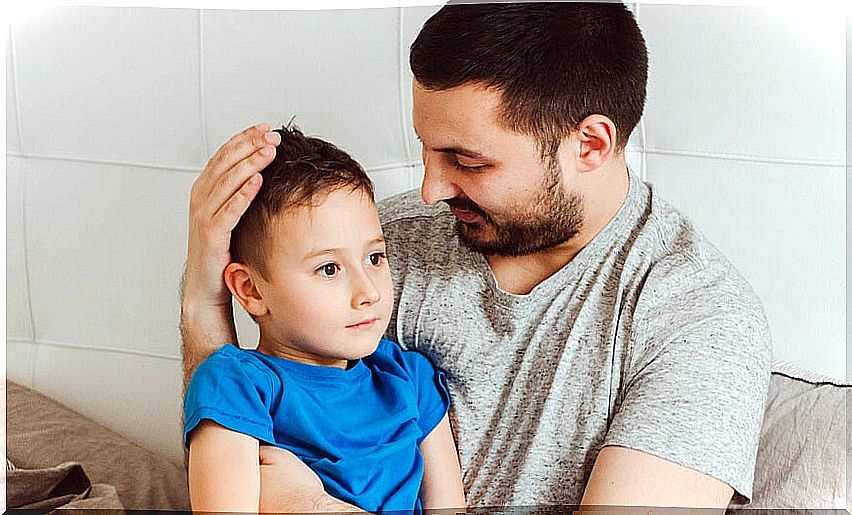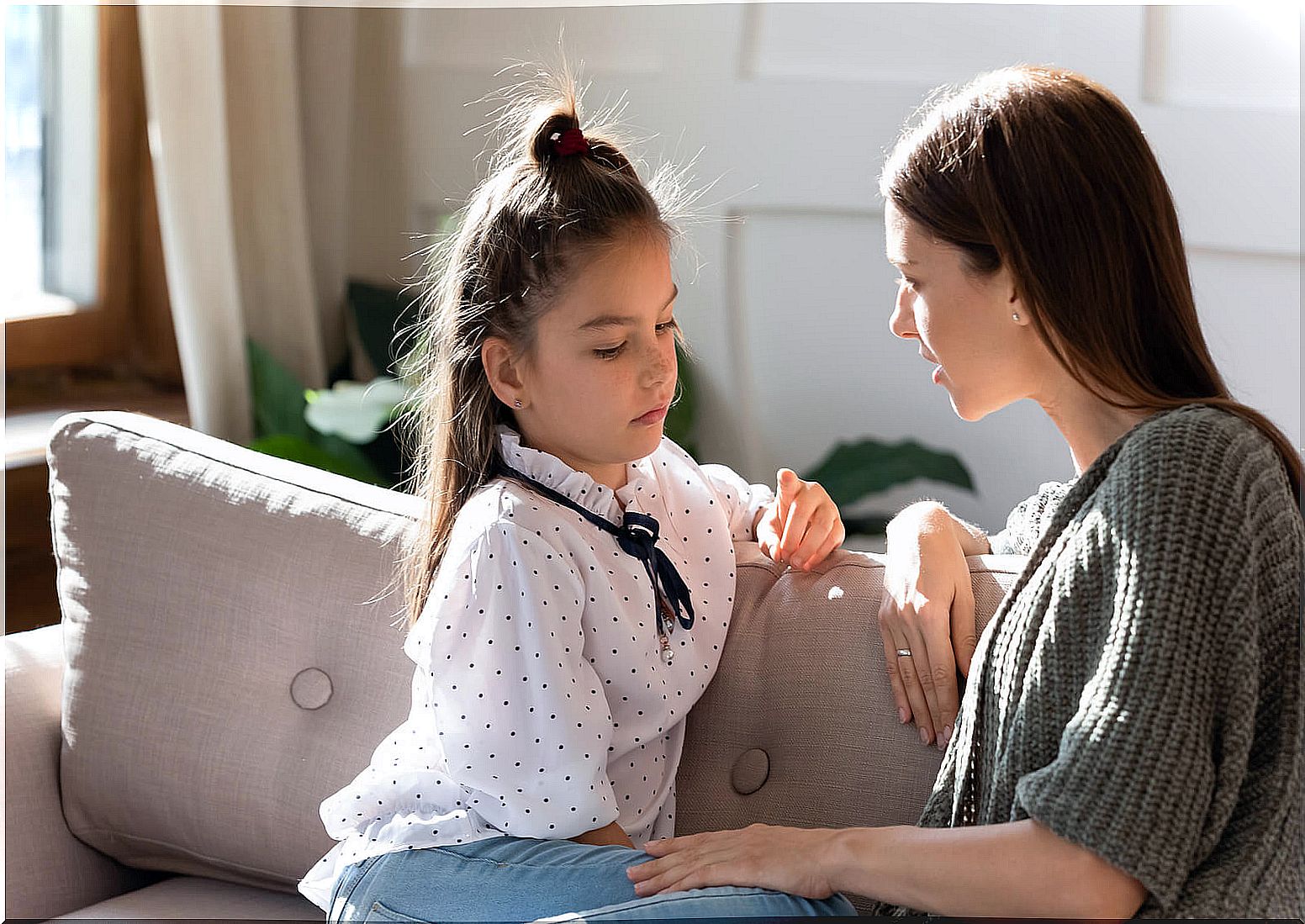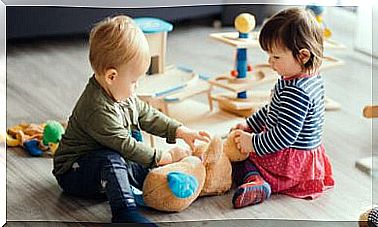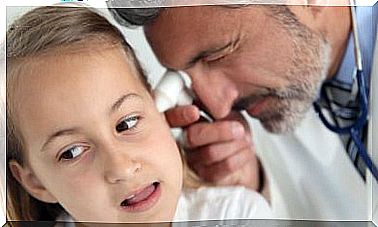How Children Interpret Your Words

The language with which you speak to your children is fundamental in their development, but more than the language itself, what matters is how you use it. After reflecting on it, now, you must learn how children interpret your words.
You have to be careful how you talk to your children and what you say to them. When you speak to them, it is not the same as talking to an adult, so measuring your words is essential.
Children interpret the words you say to them in a different way than you imagine. Therefore, the way you talk to them could cause developmental problems, feelings of abandonment, low self-esteem and a long etc.
How do children interpret your words when they say them?
It is important that you know better what we mean by examples before explaining something else. Next, we are going to give you some samples of what adults say, how children interpret it and what is the best way to say it. Let’s see.

- “I have repeated it to you a thousand times! Why don’t you understand yet? – I’m dumb. – “Come on, let’s try again, I’m sure you can get it . “
- “Leave me alone, I’m busy now.” – He doesn’t love me, he doesn’t care about me. – “Wait a second, as soon as I finish we’ll play together.”
- “Do not Cry. Don’t speak loud. Don’t laugh so loud ”. – Always annoying. It’s better if I don’t show what I feel. – “Are you sad? You’re angry? I love to see you laugh so happy . “
- “For now. You behave terrible ”. – I’m bad. – In this case, rather than talking, it is better to correct the behavior and never label the child.
Horrible consequences for his development due to derogatory language
These examples show common adult phrases that you may have ever said without being aware of the negative impact it has on your children. It may be daily stress that makes you talk like this, but now that you know it, you have to start being more aware of what you say and how your children interpret it.
It is likely that your intention is not to hurt your children, nor to make them feel that way, but how you say things and what you say to them can cause you to convey information that you did not want.
If they talk to you that way, it will surely make you feel bad too and interpret the words like that. The message that remains with children is that they are worthless and feel little loved by the most important people in their lives.
This sensitivity remains engraved in their subconscious and will accompany them until their adult life, negatively influencing their development. Thinking that their parents think these things of them will make them feel bad.
In this sense, as a parent, you have the responsibility not to blame your children for your daily stress or the problems you have every day. They need your full attention and all your unconditional love to grow happy with you.
Switch to affective language to find out how children interpret your words
For all these reasons, it is so important to move from derogatory to affective language as soon as possible. Only in this way will you ensure that your children are truly happy and that they can have optimal development. The words are etched in the subconscious of your children forever; You can build a happy child or destroy him and he does not feel loved.
Disadvantages of using derogatory language
What happens if you speak badly to your children? In addition to making you feel bad in the moment, the following can happen:

- They will not feel loved by you.
- They will feel emotional abandonment.
- They will think that you are not fit for your love.
- They will believe that it is really the labels that they feel you say to them (bad, lazy, dumb).
- Your self-esteem will be seriously affected.
- Conflicts at home will increase.
- They will have a rebellious behavior.
- They will resent you.
- They will follow your example and also speak badly to you and others (thinking that is normal).
- They will feel belittled by the people they love the most in the world.
Advantages of using affective language in children
Of course, using affectionate language and with all the affection in the world has great benefits in the development of your children. Do not lose detail:
- They will feel loved by you.
- They will also strive to do better.
- They will be motivated to behave well.
- They will have a positive attitude towards conflict.
- They will build healthy and lasting interpersonal relationships.
- You will have a much closer and special relationship at home.
Now that you know how important the way children interpret your words is, the time has come for you to honestly reflect on how you speak to them.
If you think you are not doing well, use affective language from now on. Thus, in your home you will all be happier, more connected and with less conflict both in the present and in the future.










